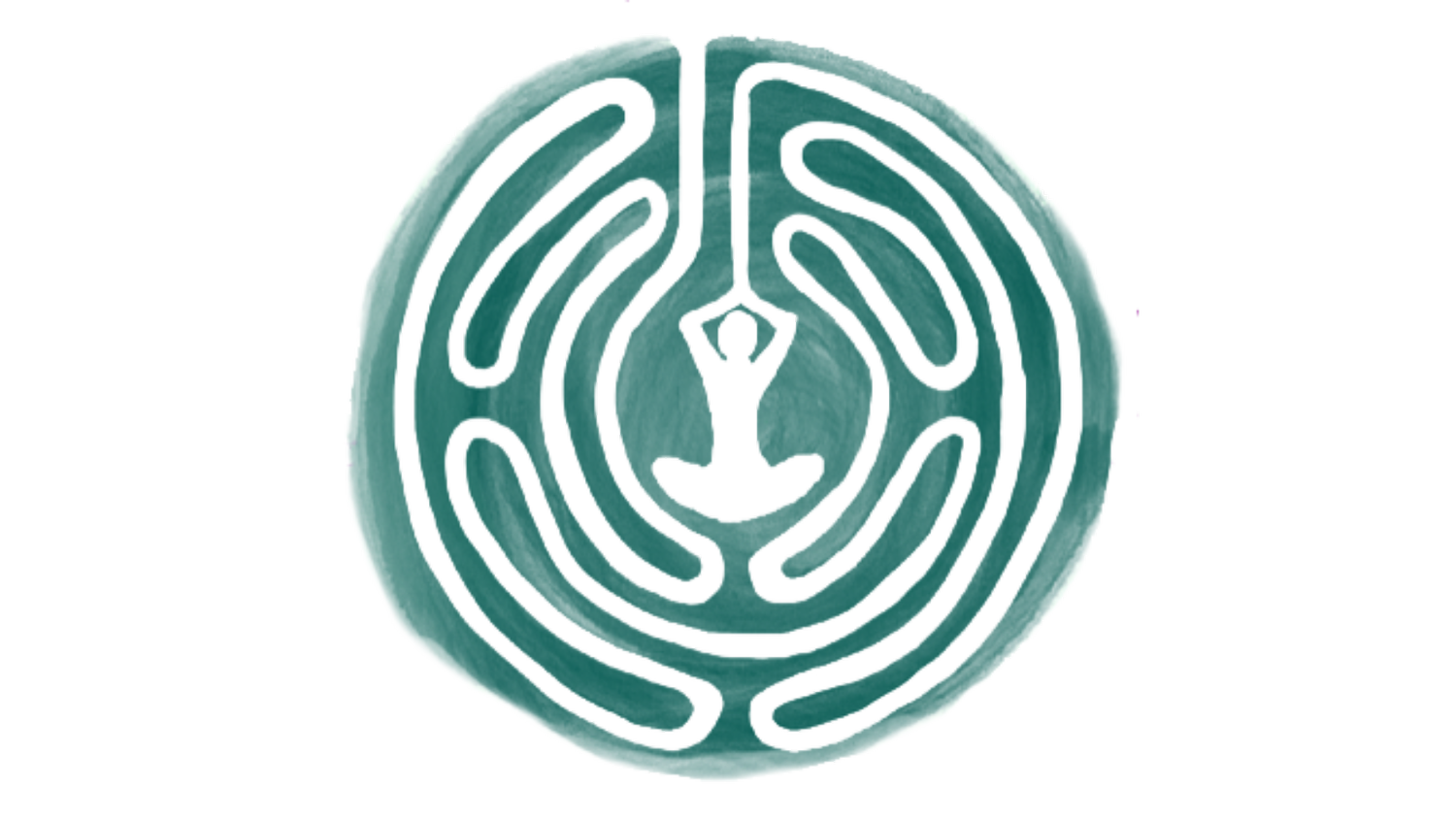Explore our Writers’ Perspectives

Eight Limbs of Yoga From a Christian Perspective
The Eight Limbs of Yoga were written somewhere around the time of Christ, give or take 200 years (scholars differ about when Patañjali lived). Overall, the Sutras describe a system for "calming the fluctuations of the mind". Dayna explores how these relate to a Christian theology.

A Report from the Third National Hindu-Catholic Dialogue
Fr. Tom Ryan reports in from the November 11 third national Hindu-Catholic dialogue meeting.

Vidyavanam Ashram – An Appreciation
Vidyavanam is a part of the Christian ashram movement in India, a movement concerned to discover the exchange of gifts that is possible between spiritual and cultural traditions.

It May Be Christian, But Is It Yoga?
What makes a practice a yoga practice? What is it? What is the "it" that makes it yoga?

Interview with Yahweh Yoga: Christian-Style Yoga
It can be confusing to both Christians and the secular yoga industry to call it Christian Yoga as some people have said, "If yoga is not a religion, why call it Christian Yoga?"

Jesuit Yoga IV
The final question I wish to address has to do with the end of the two texts: if a person practices yoga as understood by Patañjali, or meditation as taught by Ignatius, and if she or he reaches a fairly advanced state (by effort, by grace) — then what kind of person is this, and how does she or he live? Do Ignatius and Patañjali produce very different kinds of persons?

Jesuit Yoga III
When the object of our meditation alone illumines us...

Jesuit Yoga II
One of the things that most attracts people to yoga, I think, is that it is wholesome, challenging, and able to bring a deep sense of well-being to body, mind, and spirit — all without seeming to impose an alien worship on the practitioner. Even in the ancient Indian traditions, and certainly now in America, it has always seemed possible to practice yoga and at the same time maintain, even deepen, our original and continuing faith commitments. But at the same time, this very point is a source of worry for others, since yoga seems blithely unconcerned about matters of religion: as if its energies were elsewhere, making religious commitment seem not so much a problem, as simply optional. If yoga is a powerful religious system, shouldn’t it conflict in a more direct way with Christian commitment? Or are we missing something?

Jesuit Yoga I
Yoga is extremely supple in its ability to take on various rationales -- nondualist, devotional, health-oriented, Hindu, Buddhist, etc. -- and my impression is that even expert teachers of disciplined yoga practice are rather fluid -- sometimes unhelpfully vague -- in their explanations as to what it is all for. The Sutras help pin down a succinct attitude toward the practice and its purpose.

Can a Christian Practice Yoga? My perspective.
This beautiful and ancient gift of yoga was never meant to be exclusive, belonging to one person or a specific group of individuals; that in itself would be “un-yogic.” Yoga is inclusive, meaning that all are welcome no matter what walk of life you come from.

Yoga, Greek Poets, and the Apostle Paul
One of the Bible verses most often quoted in regards to why Christians practice yoga is Acts 17:28: “For in Him we live and move and have our being.” What we don't usually talk about is that this verse did not originally refer to the God of Abraham, Isaac, and Jacob. Paul is quoting the Greek poet Epimenides, who is actually talking about Zeus.

In Which We Discuss the Relationship between Asana and Meditation
Yoga in the service of meditative prayer expresses a balance between the horizontal and vertical dimensions.

The Case Against Yoga: Sedlock Vs. Baird
Parents of students attending Encinitas Union School District claim that yoga in schools violates religious freedom and the separation of church and state. The parents are concerned that the organization providing the yoga is performing a “religious experiment.” The parents are Christians who want to protect their children, and they want yoga out of the schools.

A Call to Christian Embodiment
by Rev. Jim Dickerson
One of the terrible heresies of not only ages past, but of this current one as well, is the dis-embodiment of the Christian faith and it’s richly embodied, comprehensive and holistic theology, traditions, communal life and spiritual practices.
